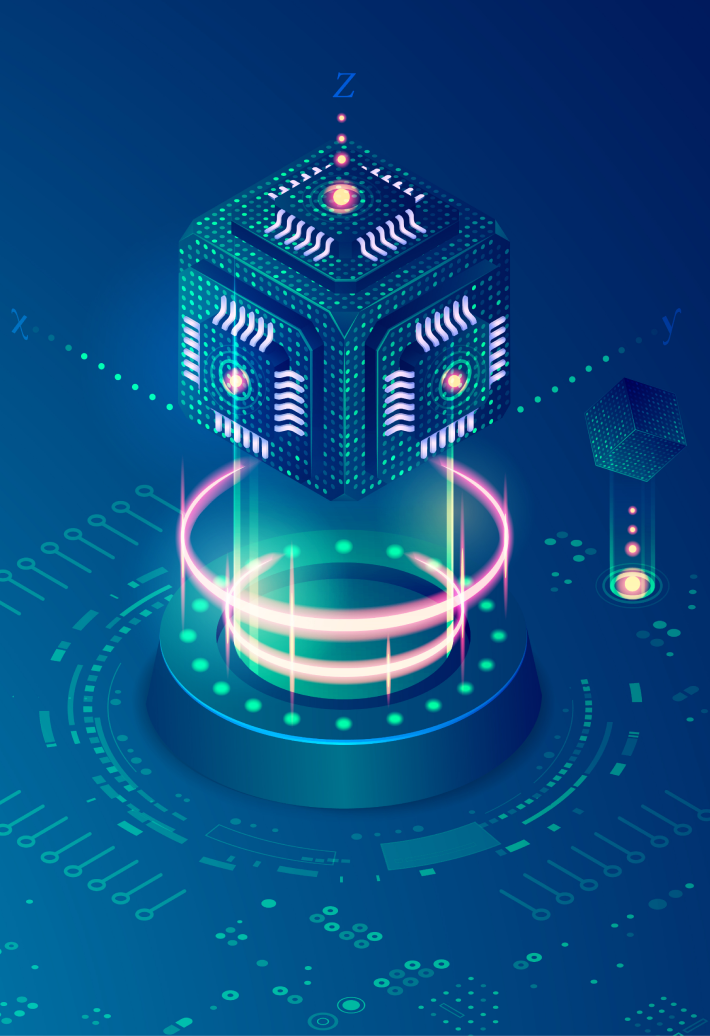
What is a Quantum Computational Advantage?
These devices aim to exploit quantum effects,
such as entanglement and superposition, for achieving a computational advantage over classical Von-Neumann computing architectures. The explicit goal is to efficiently solve
complex tasks that remain elusive with
current computational schemes.
Intense R’n’D efforts are already underway for the engineering and programming of such devices, while several different technological approaches are being examined.
How does it work?
These devices aim to exploit quantum effects,
such as entanglement and superposition, for achieving a computational advantage over classical Von-Neumann computing architectures. The explicit goal is to efficiently solve
complex tasks that remain elusive with
current computational schemes.
Intense R’n’D efforts are already underway for the engineering and programming of such devices, while several different technological approaches are being examined.

What is a Quantum Computational Advantage?
These devices aim to exploit quantum effects,
such as entanglement and superposition, for achieving a computational advantage over classical Von-Neumann computing architectures. The explicit goal is to efficiently solve
complex tasks that remain elusive with
current computational schemes.
Intense R’n’D efforts are already underway for the engineering and programming of such devices, while several different technological approaches are being examined.
How does it work?
These devices aim to exploit quantum effects,
such as entanglement and superposition, for achieving a computational advantage over classical Von-Neumann computing architectures. The explicit goal is to efficiently solve
complex tasks that remain elusive with
current computational schemes.
Intense R’n’D efforts are already underway for the engineering and programming of such devices, while several different technological approaches are being examined.

What is a Quantum Computational Advantage?
These devices aim to exploit quantum effects,
such as entanglement and superposition, for achieving a computational advantage over classical Von-Neumann computing architectures. The explicit goal is to efficiently solve
complex tasks that remain elusive with
current computational schemes.
Intense R’n’D efforts are already underway for the engineering and programming of such devices, while several different technological approaches are being examined.
How does it work?
These devices aim to exploit quantum effects,
such as entanglement and superposition, for achieving a computational advantage over classical Von-Neumann computing architectures. The explicit goal is to efficiently solve
complex tasks that remain elusive with
current computational schemes.
Intense R’n’D efforts are already underway for the engineering and programming of such devices, while several different technological approaches are being examined.


